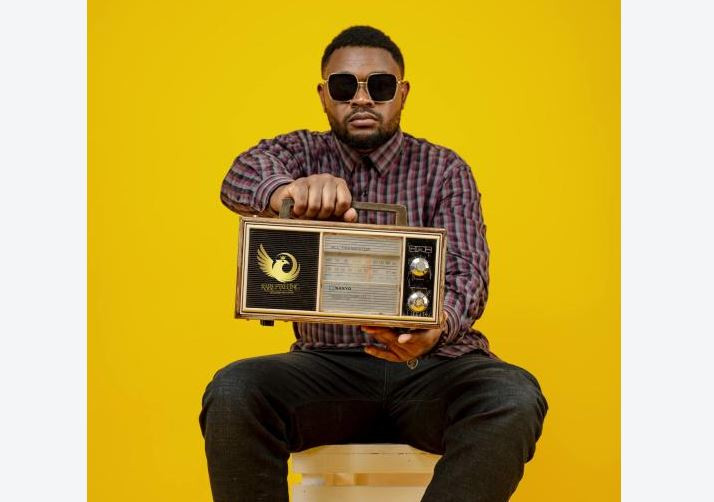
Felix Mulinge popularly known as Mzing Anonymous tells us about his musical journey, why he rebranded his stage name and upcoming projects.
Tell us about yourself. I was born in Kitale but grew up in Machakos in a modest family. My late father was a great disciplinarian and I always revere him. Just like most people, my childhood had its fair share of ups and downs but I thank God for his guidance. I schooled at Machakos primary, then Machakos School and later on proceeded to the University of Nairobi.
When did you realise you could sing?
At first, I joined the music festival club in high-school. After reciting some poems, I became curious and developed the urge to write poems. So I tried writing some and I often sent them to The Insyder magazine. A number of them were published. After writing poems, I morphed to rapping. I also drew a lot of influence from hip hop music that I used to listen to back in the days.
What is the origin of your stage name? I got my stage name Assassin from a damsel while I was in Form Two. When my poems were being published in The Insyder, one lady liked them and decided to pen a letter to me. “You have assassinated me with love,” she wrote. So when my best friend read the letter, he started calling me Assassin. Now I’ve rebranded to Mzing Anonymous.
Tell us why you rebranded. After a hiatus from the game, my team and I thought it was prudent for me to rebrand holistically. So in all socials, my handles changed from punchline Assassin to Mzing Anonymous. As much as Assassin was appealing to the masses, I am certain that Mzing Anonymous will be more appealing. Apart from the name, my fans should expect a new sound and more mature lyrics from my music.
What makes you different from other artists? My music sets me aside from others because of a myriad of reasons. First and foremost, I do social conscious music. My music is also coupled with witty lines, double entendres, punchlines and a unique rapping style. Lastly, all proceeds from my music are always channeled to charitable activities. For instance, my previous project “Turhyme - tuwache crime” was a project for charity.
Who writes your songs?
I usually write all my music but sometimes I tend to experience some writer’s block. I talk about issues that we face every day, rather than issues that trend for a day. Most of my themes are about corruption, joblessness, crime, drug abuse among others.
What has been your biggest challenge? Finances. Music is just like any other business and capital is a key factor. This has been one of the key reasons why consistency has been an issue because of recording fees.
What does your music aim to say? My music is a clear reflection of society. My aim is to churn timeless music that generation after generation will still relate to.
Where do you find ideas for your music? I am creative, so I draw my music ideas from my day to day activities. Some songs are based on real stories while others are based on imaginations.
Do you make a living out of your music? Music business in Kenya is a dicey affair. At times, I break even, make losses or make something small.
Any advice for artists who want to follow your footsteps? I would like to tell budding artists that hard work and passion beats talent. So follow your passion and put in work.
What would bring you back to Nairobi? Of course is a hustle. There are so many opportunities in Nairobi.
Any upcoming project? I am working on a seven-track project called Sijaretire at Resoundz studios with Ondiko. I want to assure my fans that I am still in the game. Each song is laced with crazy wordplay, witty lines, punchlines and storytelling which my fans usually associate me with. In the project I have featured various artists including Panther, who raps in Kikamba.